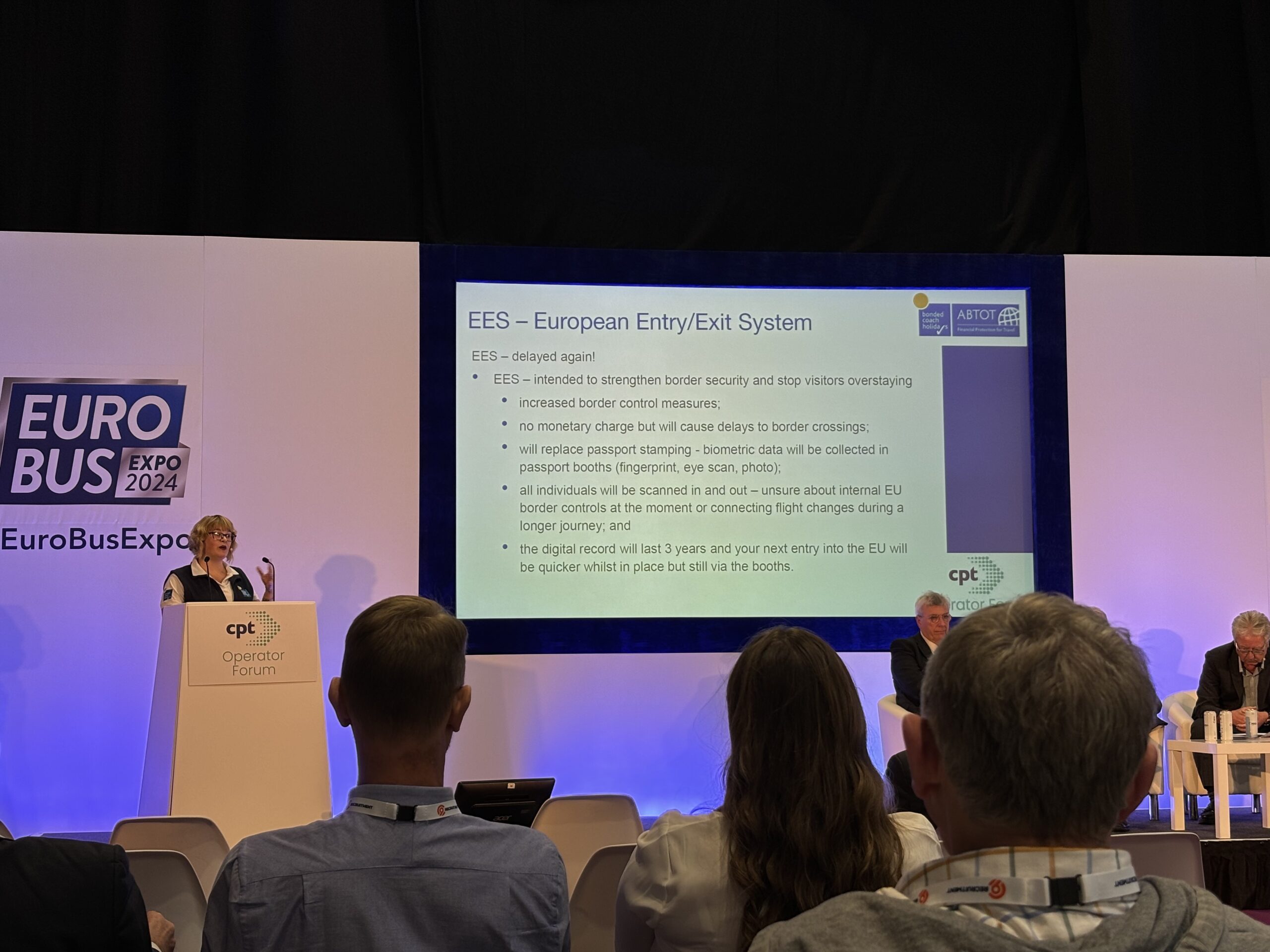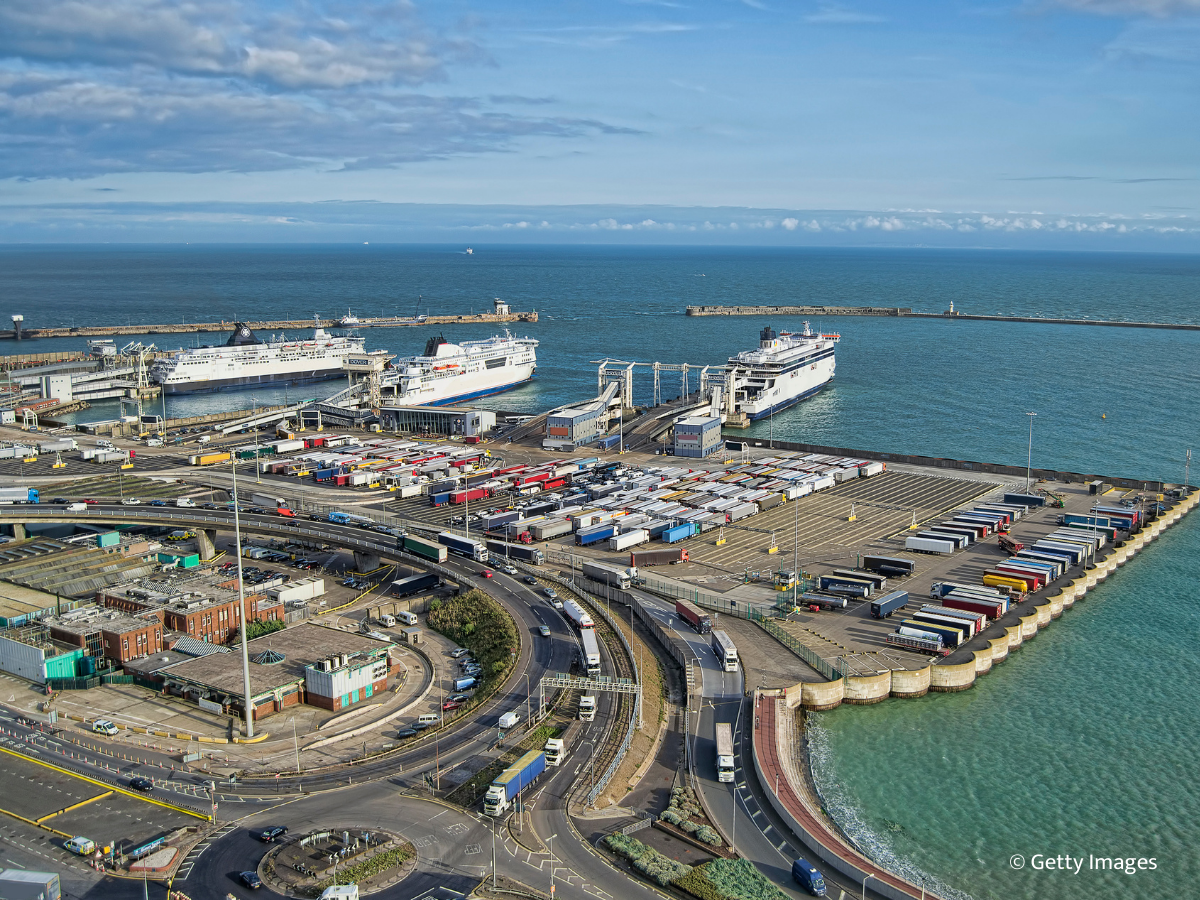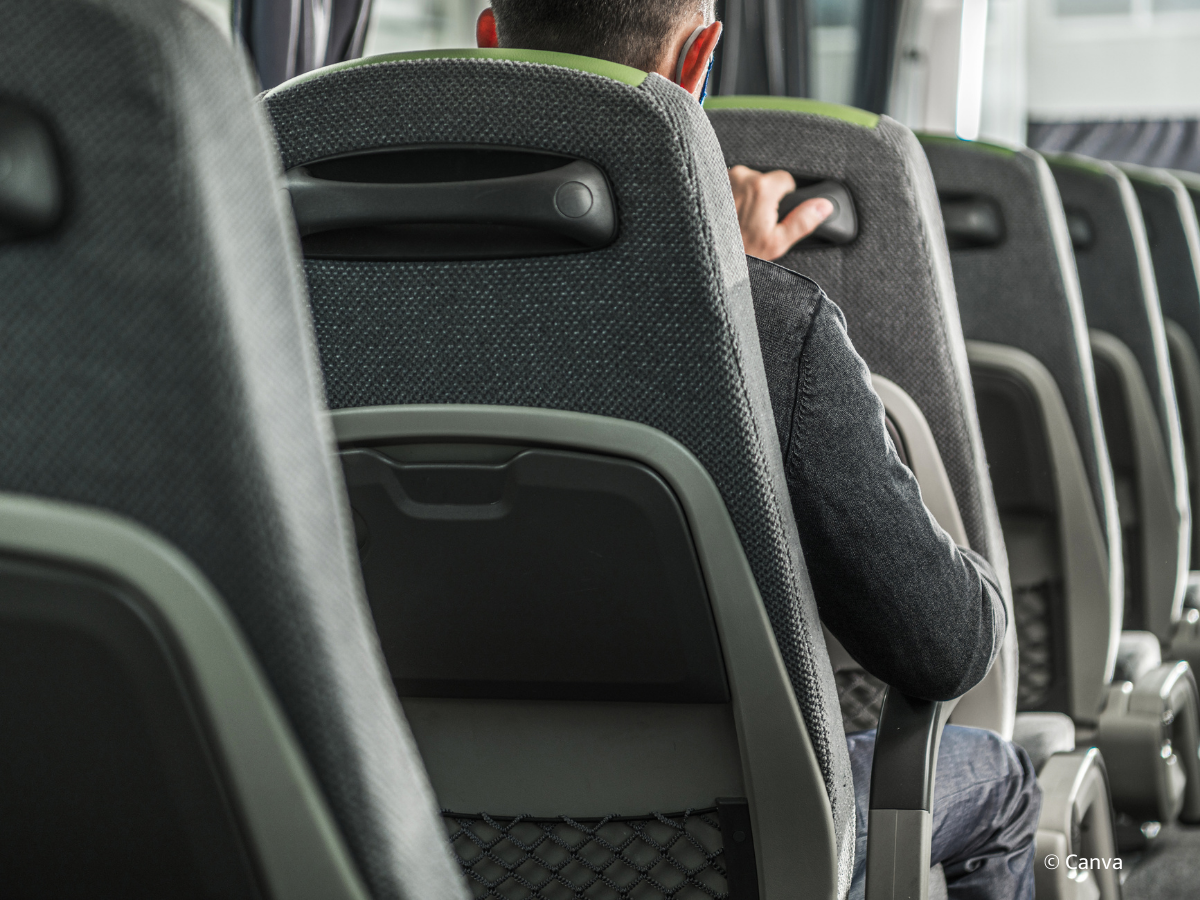The European Entry/Exit System: A Shakeup for European Coach Travel

In a time of great change, the economy in the United Kingdom is a topic of fierce debate and deliberation. With industry performance fluctuating and the looming possibility of nationalisation, one of the largest financial contributors to the current landscape is the coach sector.
With 450 million individual passenger trips each year, the sector alone employs 54,000 people across the UK, many of whom are situated in rural areas of the country. Not only this, but statistics provided by the Confederation of Passenger Transport (CPT) state that coach passengers spend up to 5.4 billion GBP within the country each year, with a further 8.3 billion GBP being spent as a whole in local economies as a direct result, and a further 610 million GBP spent by inbound tourists whilst in the country.
Consideration, Regulation and Cooperation
With the sector proving to be a key player within the UK’s economy, it is clear that coach travel is not only surviving, but thriving. At this year’s Euro Bus Expo, held in the NEC, Birmingham, a panel of key figures from the coach tourism sector gathered to discuss a range of topics and challenges facing the industry today, highlighting updates to Package Travel Regulations (PTRs), a slew of new initiatives offering support and solutions for operators and how best to address common issues within the sector, with a focus on solutions involving cooperation with destinations themselves.
Bonded Coach Holidays/ABTOT Membership Director, Samantha Bradbury, presented a segment concerning new PTRs, as well as updates to the EES and ETIAS
© a2b Global Media
However, among these topics, one segment, delivered by Bonded Coach Holidays/ABTOT Membership Director, Samantha Bradbury, stood out as presenting a significant cause for concern for the sector’s entire ecosystem: the inevitable introduction of the European Entry/Exit System (EES).
The European Entry/Exit System
The EES is a new, automated digital border system that, when introduced, will require each and every non-EU national passenger travelling to the Schengen area for a short stay (up to 90 days in any 180-day period) to register biometric details (such as fingerprints or a photograph) upon their arrival at a border control point, replacing the long-standing system of passport stamp verification.
When completed, a digital record will then last for the next three years, with passengers required to present a previously recorded piece of biometric data upon entry within the Schengen area on each subsequent visit. After three years, passengers will be required to re-register on their next trip, thus needing to provide new biometric details after each record expiry date.
For the purposes of the EES, a non-EU national passenger is defined as a traveller not holding nationality in any European Union country or the nationality of Iceland, Switzerland, Norway or Liechenstein.
The European Travel and Authorisation System
Six months after the implementation of EES, we will see the roll-out of the new European Travel and Authorisation System (ETIAS), which is a separate electronic travel authorisation system modelled on a US framework for visitors from non-EU territories. The system will check the security credentials of travellers visiting the EU for business, tourism, medical or transit purposes, with each traveller obliged to pay a fee on each visit unless they are currently allowed to visit visa-free. These travellers will also be exempt from any digital security screening.
The two systems, which were first introduced as part of the Security Union and form part of a wider scheme implemented by the EU to strengthen border security, aim to aid the success of objectives put forward within the European Agenda on Security, as well as the European Agenda on Migration.
Further information on the implementation of both systems is due to arrive by the end of November 2024.
What Does It Mean For the Coach Tourism Industry?
Speaking on the introduction of EES, which at time of writing is set to receive a ‘non-phased, phased-in’ introduction on an undisclosed date in 2025, Bradbury detailed some of the ways this will affect the operation of coach trips travelling from the UK.
Among the various points discussed, Bradbury mentioned potential difficulties with yet-to-be-defined internal EU regulations, changes concerning connecting journeys and the chances of lengthy delays the new system may cause on a consistent basis, something later backed up by one audience member’s experience taking part in a trial of the system at the border in Dover.
Another issue presented by an audience member during the discussion portion of the talk was the potential difficulties in supporting disabled passengers exiting & re-boarding vehicles at ports. Bradbury made note of a possible system involving border officers boarding buses to take scans with a mobile device, however she did clarify this is not an element of the overall system that is guaranteed to be introduced.

One audience member taking part in a trial of EES at a port in Dover spoke of lengthy delays and increased costs
© Getty/Canva
With each passenger required to leave the vehicle, have biometric data scanned, verified and then re-board the bus, it’s clear to see that not only are delays possible, but they are absolutely inevitable. Whilst fellow panellist and Coaching Manager at CPT, Phil Smith, stated that each transaction can be completed in 76 seconds, he did concede that this was merely a baseline number and does not take into account any time taken to aid disabled passengers both off and onto coaches.
With this in mind, the conversation turned to the cost of such delays. With vehicle waiting times at ports looking to be considerably extended, consideration will need to be taken to properly determine the effect that this will have on pay rates, driver availability and scheduling. Whilst the current system can produce delays, the time-cost of these new rules alone is astronomical, let alone the monetary cost.
A significant issue made apparent across the panel was the potential for issues regarding public awareness. With little information yet having been presented from mainstream sources; the group agreed a comprehensive, visible campaign will be crucial for public understanding and compliance, with the possible headaches the system could cause remaining a cause for real concern amongst industry figureheads.

Passengers are wholly responsible for their own registration with the new systems
© Canva
One hypothetical situation cited by Bradbury involved the possibility of a coach full of travellers wherein one or two passengers have not managed to fulfil EES obligations and, as a result, are left at the port they are attempting to travel through. Though Bradbury did note they ‘were not imagining this could be an issue’, claiming she had been assured the system touts an almost-instant turnaround but, again, the delays and panic this kind of issue could cause will be an extremely costly consideration for any coach operator hoping to keep to any kind of schedule.
So, whilst passengers themselves are wholly responsible for their own registration within the system, which will, supposedly, take very little time at all, this does not allow for the possibility of a wide range of passengers falling through the cracks, so to speak. Those without personal internet connections, elderly passengers and passengers who might struggle with comprehending the system will rely on crucial guidance from operators in order to ensure their journey is unaffected and they are allowed passage into the Schengen area.
Be Prepared
With an implementation date due at any moment, it is extremely clear that sufficient preparations must be made by coach operators across the country in order to ensure a smooth transition to the new EES & ETIAS, regardless of the obligations being passed onto travelling customers.
Customers must be informed, systems must be finalised and work must be carried out, fast.
At a time in which the industry provides the country’s economy with such consistent support, a break in service could cripple not only the sector, but have a huge knock-on effect on the UK as a whole.
Tags
Related
Brits forced to pay fee to visit these 30 countries…
UK tourists will be required to pay a fee to visit 30 countries in Europe under new European Union (EU) travel rules.The rules mean British holidaymakers will n
The beautiful European island with just 148 locals
Irakleia is a beautiful island in the Minor Cyclades of Greece, nestled in the heart of the Aegean Sea and just an hour away from Naxos. Officially recorded t
Warning issued for Brits flying easyJet and Ryanair to popular…
Passengers flying with Ryanair, easyJet and British Airways should expect disruption (Picture: Urbanandsport/NurPhoto via Getty Images) Passenge










